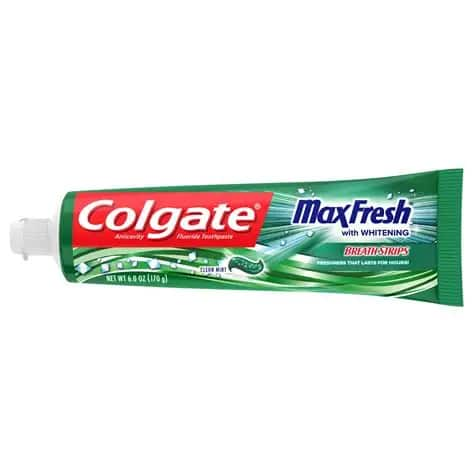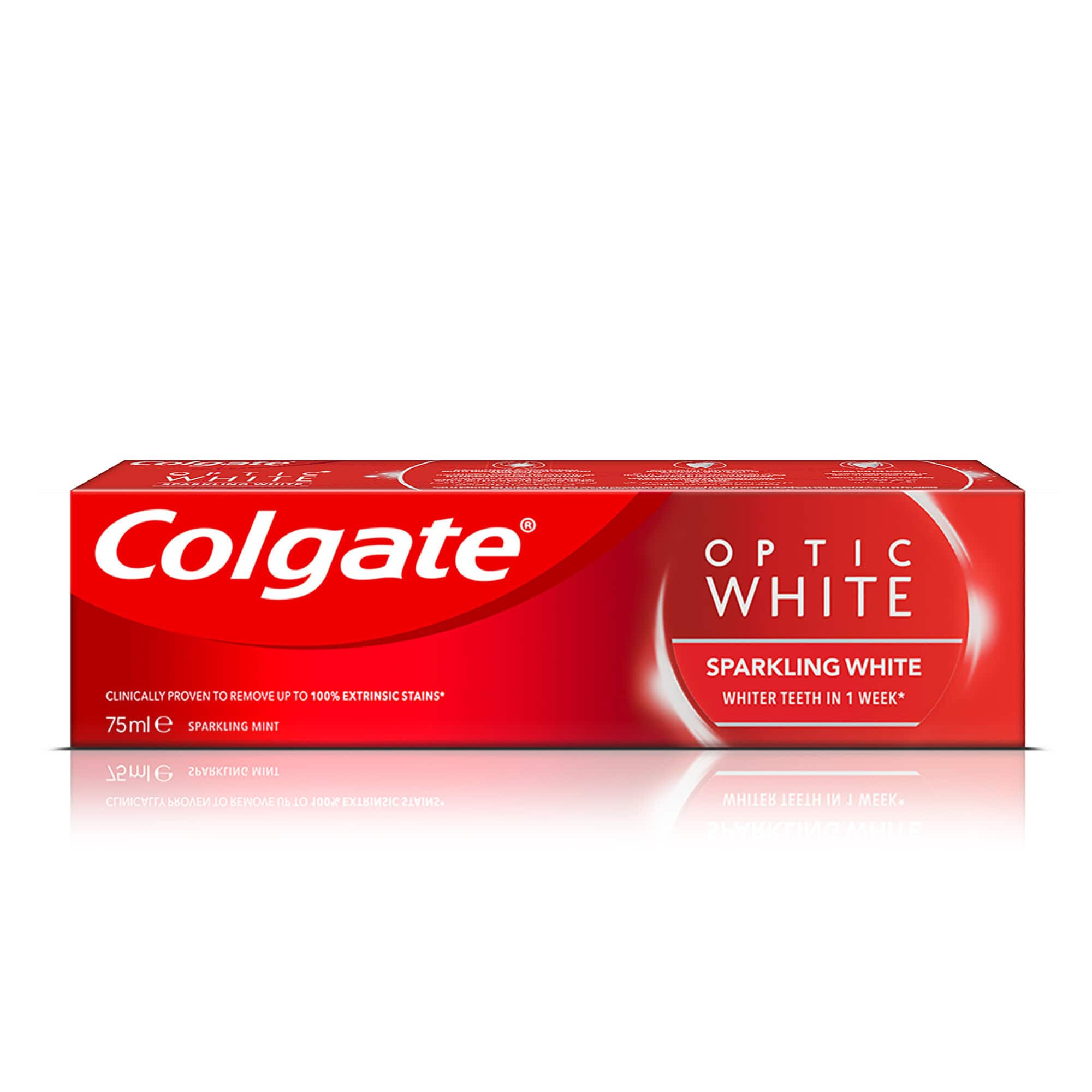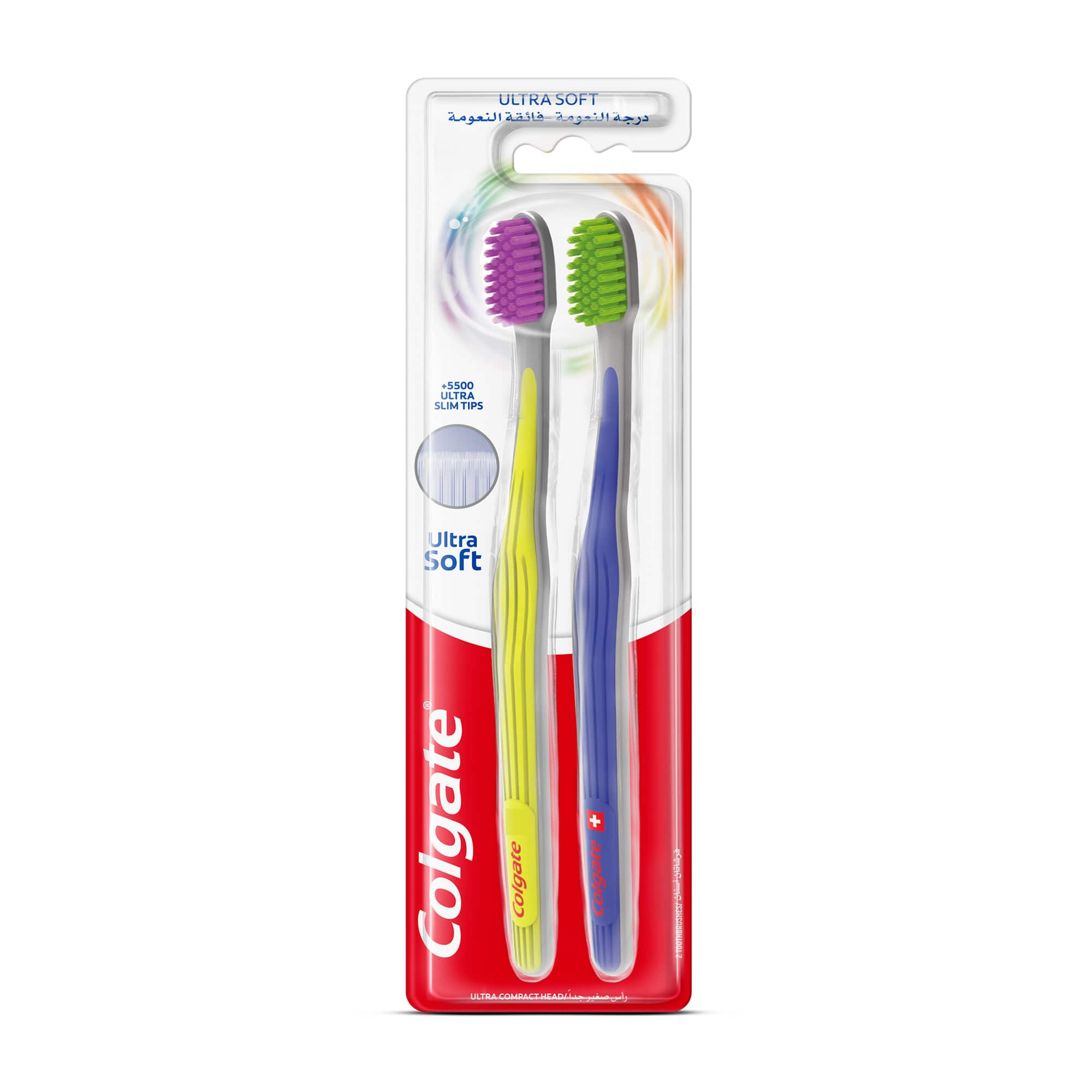How Does It Happen?
The brain finds it hard to determine the source of pain signals from the mouth. In a study carried out by Clemens Foster, Ph.D. and other researchers at the University of Erlangen-Nuremberg in Germany, the participants' brains didn't clearly distinguish between pain signals from upper teeth and lower teeth. The regions of the brain that respond to the pain signal reacted similarly whether the signal came from in the upper or lower area of the mouth.
Other Causes of Toothache
Referred tooth pain may be due to respiratory illness, recent dental work, problems with the heart or lungs, or certain neurological conditions. If your upper teeth are painful and your nasal passages are congested or tender, your toothache may be due to sinusitis. The upper teeth roots lie close to the sinuses, and if your sinuses are inflamed due to an infection, you may feel the pain in your upper teeth.
According to the Cleveland Clinic, patients who have recently received a filling sometimes feel pain in another tooth. The pain signals from the filled tooth transfer to other teeth, but the discomfort usually goes away within one or two weeks.
A serious but less common source of referred tooth pain is the vagus nerve, which passes near the heart and lungs, explains the American Association of Retired Persons (AARP). Before it reaches the brain, the vagus nerve also passes through the lower jaw. Consequently, a toothache is occasionally a sign of a problem with the heart or lungs.
The AARP also lists trigeminal neuralgia and occipital neuralgia as causes of referred tooth pain. These neurological conditions affect the trigeminal and occipital nerves, which lie in the teeth, face and skull. Inflammation of these nerves can feel like toothache.
Tooth Pain Treatments
Your dentist can check if a cavity is causing your toothache or refer you to a doctor for treatment if your tooth pain is due to sinusitis or another problem. Though your tooth pain may not be due to dental decay, you should continue to maintain your oral health by flossing once a day and brushing twice a day with a toothpaste that helps prevent cavities.
A toothache isn't something you can afford to ignore. If you have a painful tooth, visit a dentist. They can find out if your discomfort is due to dental decay or if it's signaling another problem with your health.
This article is intended to promote understanding of and knowledge about general oral health topics. It is not intended to be a substitute for professional advice, diagnosis or treatment. Always seek the advice of your dentist or other qualified healthcare provider with any questions you may have regarding a medical condition or treatment.






.jpg)




